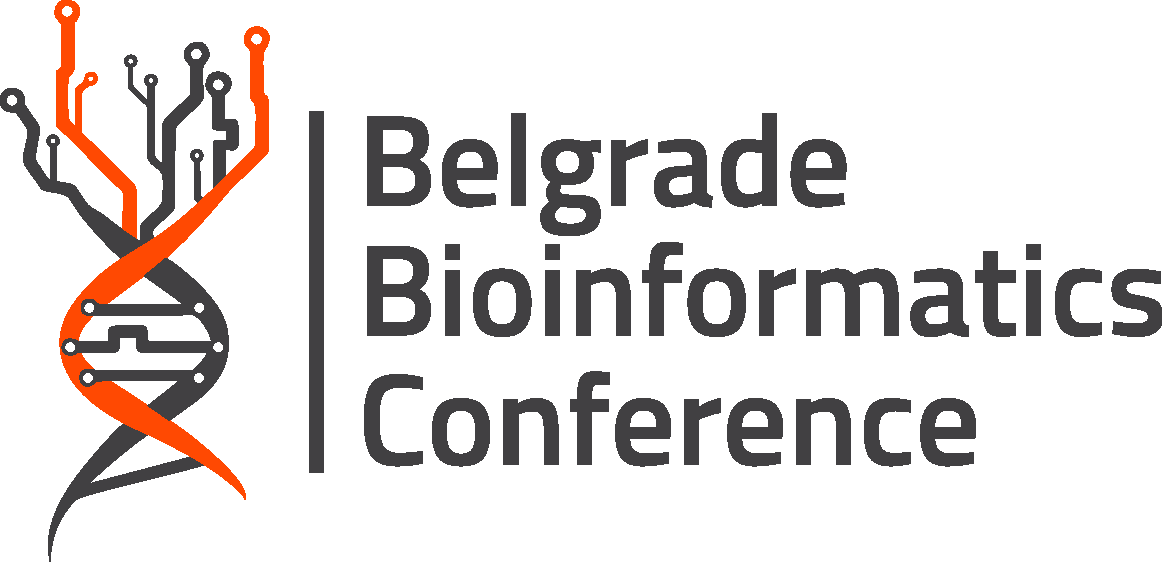Jovana Despotović*, Sandra Dragičević, Tamara Babić, Dunja Pavlović, Jelena Karanović, Aleksandra Nikolić
Institute of Molecular Genetics and Genetic Engineering, University of Belgrade, Belgrade, Serbia
jovanadespotovic [at] imgge.bg.ac.rs
Abstract
Recent research shows that non-coding RNA transcripts of protein-coding genes could be an emerging novel class of diagnostic biomarkers. This study aimed to identify the most promising biomarkers for colorectal cancer (CRC) screening among upregulated non-coding transcripts of protein-coding genes in malignant CRC cells in comparison to non-malignant cells grown in 3D. Malignant CRC cell lines HCT116, DLD-1 and SW620, and a non-malignant human colon epithelial cell line HCEC-1CT, were cultivated in 3D as spheroids in 24-well plates with low attachment surface for 7 days. RNA sequencing was performed on ribosomal-depleted total RNA using Illumina’s NovaSeq6000 platform that generated paired-end 150bp reads. Highly upregulated transcripts (>10 FPKM) present in all malignant cell lines and absent in non-malignant cell line were filtered and analyzed by a set of in silico tools to filter the best candidates for further validation studies. The publicly available GSE164541 set consisting of triplicate tissue samples of normal, adenoma and primary CRC tissues collected from five patients with CRC was used for validation. As a result, 5 transcripts with retained introns ANXA3-204, LLGL2-207, KRT19-204, KRT18-206 and KRT8-213 were analyzed by in silico tools. Only ANXA3-204 was classified as non-coding according to both CPC2 and LGC online coding potential prediction tools. Nucleus was predicted as subcellular localization for ANXA3-204 by AnnoLnc2. Additionally, ANXA3-204 expression was upregulated in adenoma (p=0.04) and CRC tissue samples, although statistical significance was not reached for CRC, in comparison to normal tissue samples in the validation set. Transcriptomic analysis revealed that non-coding ANXA3-204 transcript was highly upregulated in malignant CRC cell lines and adenomas compared to control samples, making ANXA3-204 a potential candidate for early CRC screening. Further studies are needed to confirm diagnostic potential and regulatory role of ANXA3-204.
Keywords: non-coding RNA, colorectal cancer, biomarker, ANXA3, retained intron
Acknowledgement: This work was funded by the Ministry of Science, Technological Development, and Innovation of the Republic of Serbia (Contract No. 451-03-66/2024-03/200042), and by the Science Fund of the Republic of Serbia, PROMIS, #6052315, SENSOGENE.

